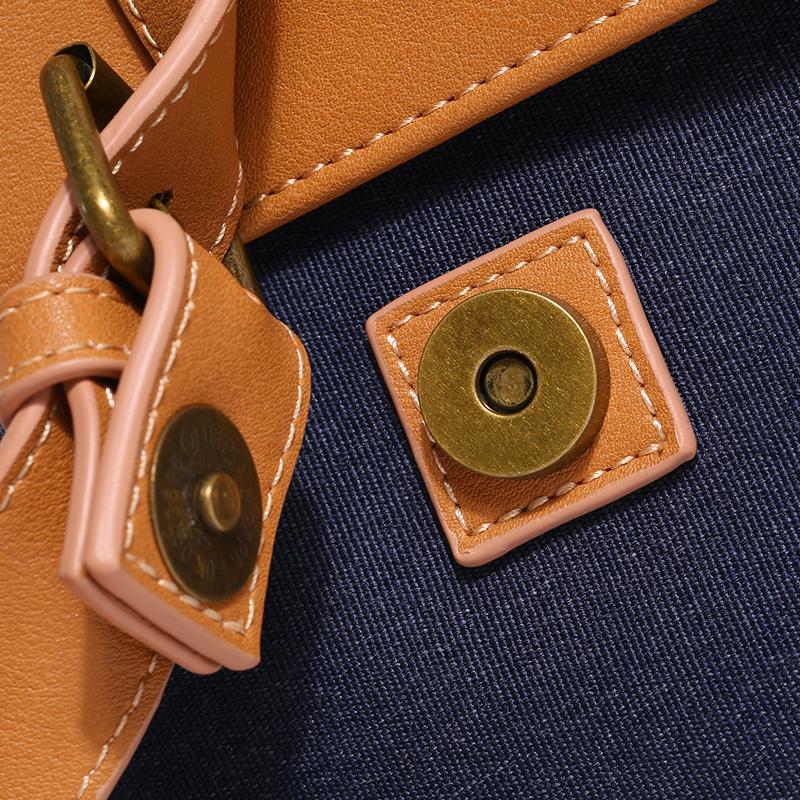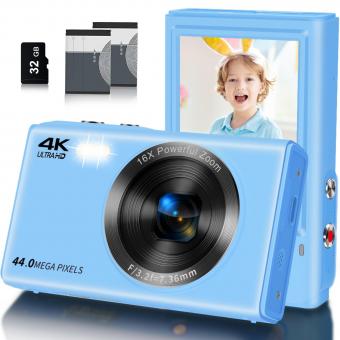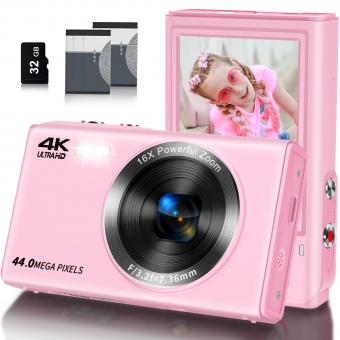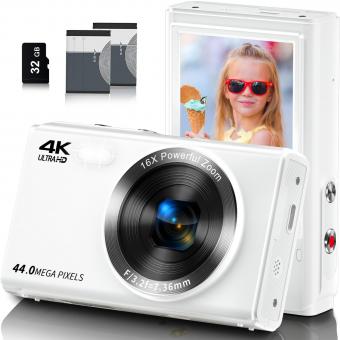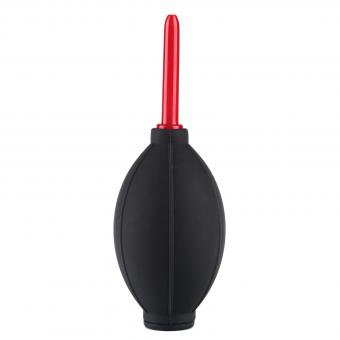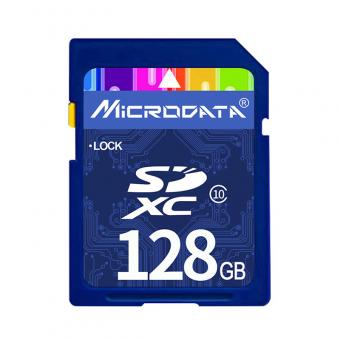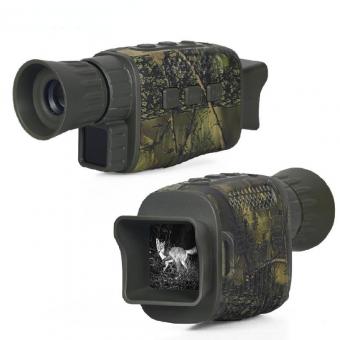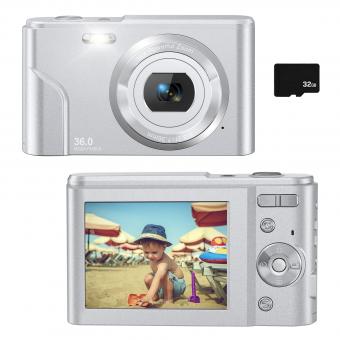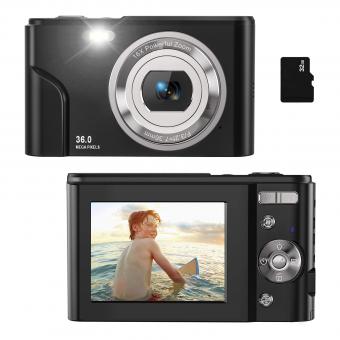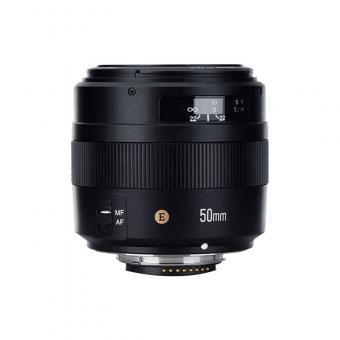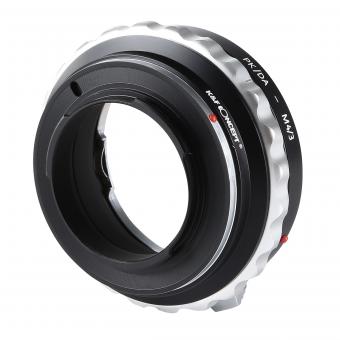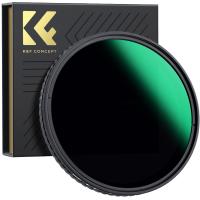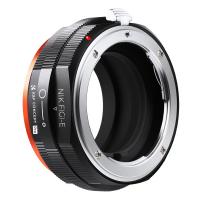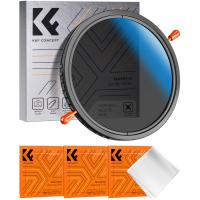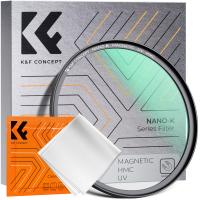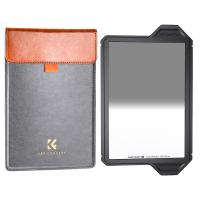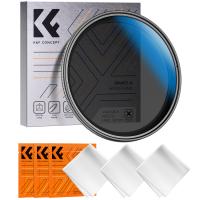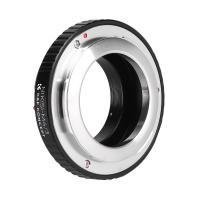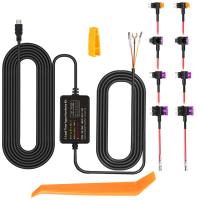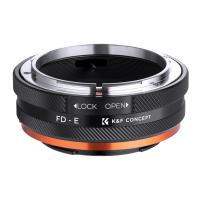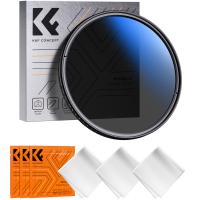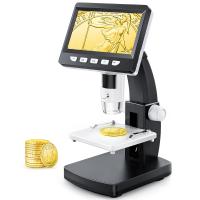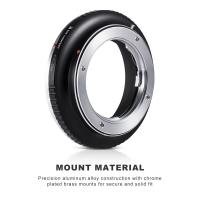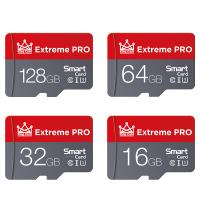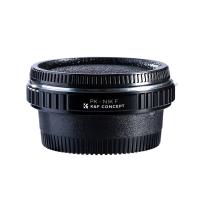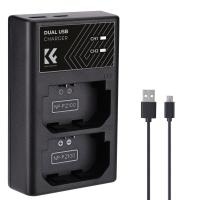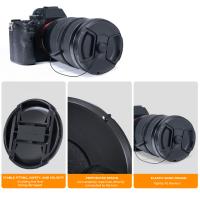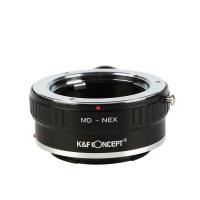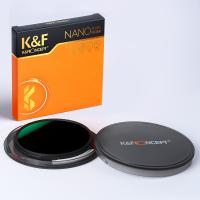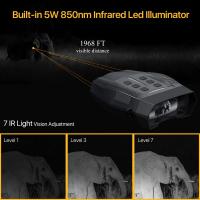Are All Digital Cameras Slow ?
No, not all digital cameras are slow. The speed of a digital camera depends on various factors such as the camera's processor, autofocus system, and memory card speed. Some digital cameras are designed for fast continuous shooting and have advanced autofocus systems that can track moving subjects quickly. Additionally, some cameras have larger buffers that allow them to capture more images in a burst before slowing down. However, entry-level digital cameras may have slower processing speeds and autofocus systems, which can result in slower performance. Overall, the speed of a digital camera depends on its specifications and intended use.
1、 Shutter lag reduction techniques
Are all digital cameras slow? The answer is no. While it is true that some digital cameras may have a slower response time than others, not all digital cameras are slow. In fact, many modern digital cameras have advanced features that allow for quick and responsive shooting.
One of the main factors that can affect the speed of a digital camera is shutter lag. Shutter lag is the delay between pressing the shutter button and the camera actually taking the photo. This delay can be caused by a number of factors, including the camera's autofocus system, image processing, and other internal processes.
However, there are many shutter lag reduction techniques that can be used to minimize this delay. For example, some cameras use predictive autofocus systems that can anticipate where the subject will be when the photo is taken, allowing for faster and more accurate focusing. Other cameras use high-speed image processors that can quickly process and save images, reducing the delay between shots.
In recent years, advances in technology have also led to the development of mirrorless cameras, which can offer even faster response times than traditional DSLRs. These cameras use electronic viewfinders and do not have a mirror that needs to move out of the way before the photo can be taken, allowing for near-instantaneous shooting.
Overall, while some digital cameras may be slower than others, there are many techniques and technologies available to reduce shutter lag and improve response times. As technology continues to advance, we can expect digital cameras to become even faster and more responsive in the future.
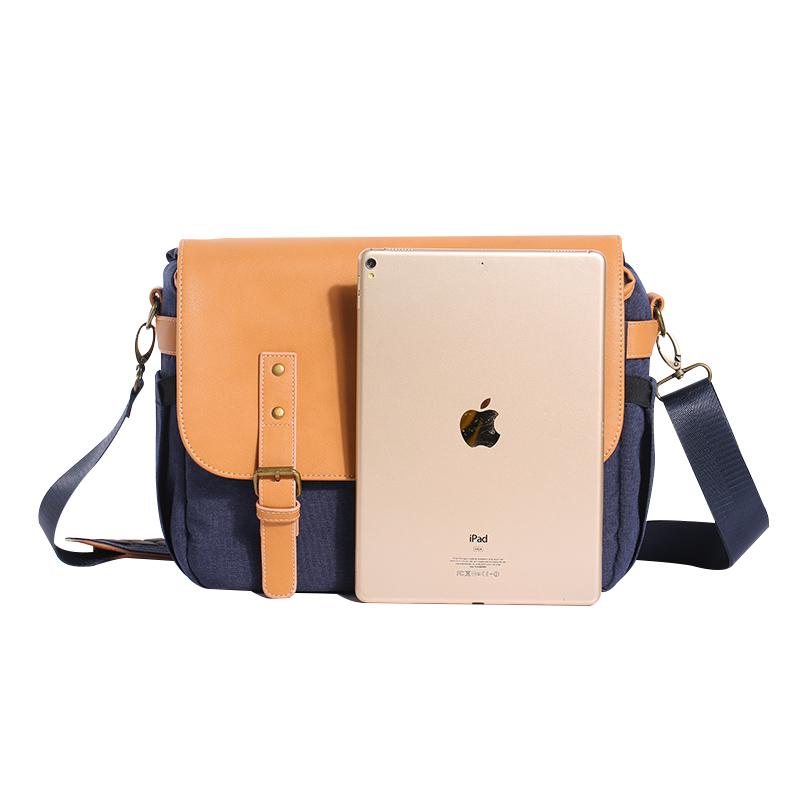
2、 High-speed continuous shooting modes
Are all digital cameras slow? The answer is no. While some digital cameras may have slower processing speeds, many modern digital cameras are equipped with high-speed continuous shooting modes that allow for rapid-fire photography. These modes can capture multiple frames per second, making them ideal for capturing fast-moving subjects such as sports or wildlife.
In recent years, advancements in technology have led to even faster continuous shooting speeds. For example, the Sony A9 II mirrorless camera can shoot up to 20 frames per second with full autofocus and auto-exposure tracking. Similarly, the Canon EOS-1D X Mark III DSLR camera can shoot up to 16 frames per second with full autofocus and auto-exposure tracking.
It's important to note that while high-speed continuous shooting modes can be useful, they also require a lot of processing power and can quickly fill up memory cards. Additionally, not all photographers may need or want to shoot at such high speeds.
In conclusion, while some digital cameras may be slower than others, many modern cameras are equipped with high-speed continuous shooting modes that allow for rapid-fire photography. As technology continues to advance, we can expect even faster shooting speeds in the future.
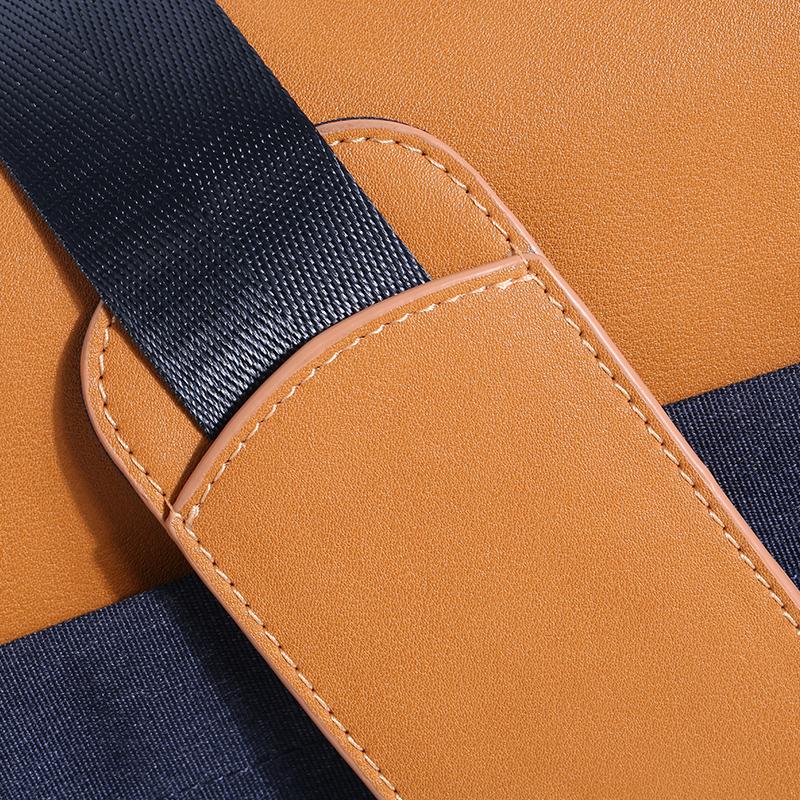
3、 Fast autofocus systems
Not all digital cameras are slow. In fact, many modern digital cameras come equipped with fast autofocus systems that allow for quick and accurate focusing. These autofocus systems use advanced technologies such as phase detection and contrast detection to quickly lock onto subjects and ensure sharp images.
The speed of a digital camera's autofocus system can also depend on the type of lens being used. Some lenses are designed with faster autofocus motors that can quickly adjust focus, while others may be slower and less responsive.
It's worth noting that while many digital cameras have fast autofocus systems, there are still some models that may be slower than others. This can be due to a variety of factors, including the camera's age, the quality of its autofocus system, and the complexity of the scene being photographed.
Overall, it's important to do your research and choose a digital camera with a fast and reliable autofocus system if you want to capture sharp and well-focused images. With the latest advancements in technology, many digital cameras are now capable of lightning-fast autofocus speeds, making it easier than ever to capture the perfect shot.
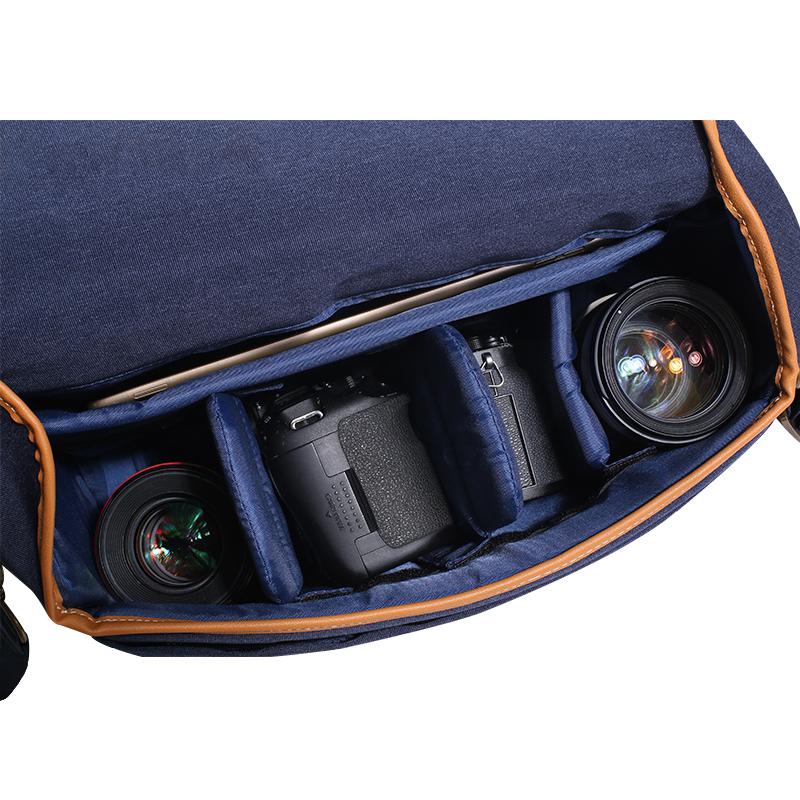
4、 High-speed memory cards
No, not all digital cameras are slow. The speed of a digital camera depends on various factors such as the camera's processor, autofocus system, and memory card. High-speed memory cards can significantly improve the speed of a digital camera. These memory cards have faster read and write speeds, which means they can transfer data to and from the camera more quickly. This results in faster burst shooting, quicker image playback, and faster transfer of images to a computer or other device.
However, it's important to note that the speed of a digital camera is not solely determined by the memory card. The camera's processor and autofocus system also play a crucial role in determining its speed. In recent years, advancements in technology have led to faster and more efficient processors and autofocus systems, resulting in faster and more responsive digital cameras.
In conclusion, not all digital cameras are slow, and the speed of a camera depends on various factors. High-speed memory cards can improve the speed of a digital camera, but it's important to consider other factors such as the camera's processor and autofocus system when evaluating its speed. With the latest advancements in technology, digital cameras are becoming faster and more efficient, providing users with a better photography experience.
